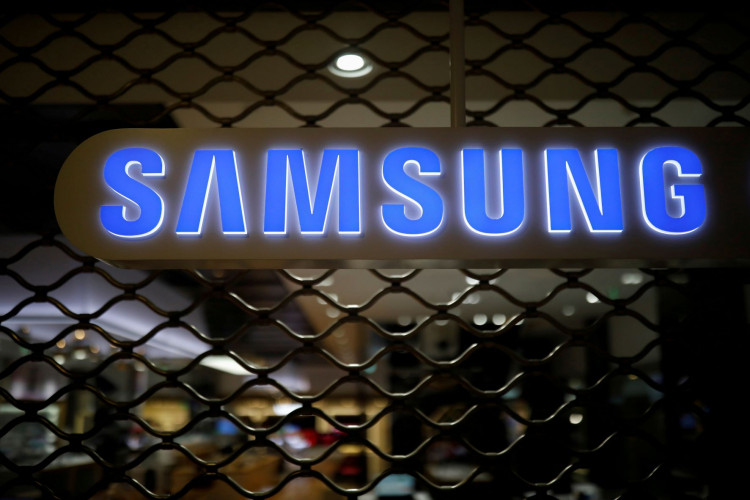Samsung Electronics announced Thursday that it had become the world's first chipmaker to mass-produce advanced 3-nanometer microchips, as it seeks to catch up with Taiwan's TSMC.
According to Samsung, the advanced processor technology will reduce power consumption by 45 percent, surface area by 16%, and performance by 23 percent when compared to the 5nm process. The processor was supposed to arrive in 2021, but it was pushed back to this year.
The new chips will be smaller, more powerful, and efficient, and will first be used in high-performance computing applications before being integrated into consumer electronics such as mobile phones.
Transitioning to next-generation manufacturing technology is extremely difficult. Chips are made up of billions of electronic components known as transistors, each of which is the size of a speck of dust. Miniaturizing transistors allows more to be squeezed onto a chip, increasing speed and decreasing power consumption.
The launch of the new chip comes as processor sales are under tremendous pressure. Demand for processors has outpaced supply due to the pandemic's increase in PC sales, smartphone usage, and internet services hosted in data centers. Sales of PCs, video game consoles, automobiles, and other goods dependent on global electronics supply chains have been hindered by the chip shortage.
It also happens in a time of fierce competition in the semiconductor market. According to data provider TrendForce, Taiwan Semiconductor Manufacturing Co. (TSMC) is the most significant foundry chip manufacturer in the world, holding nearly 54% of the market in the first quarter of 2022. With a 16.3% market share, TSMC placed far behind third.
The South Korean company stated last month that it would "push ahead of the mass production of chips based on the 3-nanometer technology" with a five-year plan to invest 450 trillion won (US$356 billion).
Only two businesses, Samsung and Taiwan's TSMC produce the great majority of the most sophisticated microchips in the world, and both are currently operating at maximum capacity to address a global shortage.
Although it dominates the memory chip market, Samsung has been unable to keep up with TSMC in the advanced foundry sector.
According to the company's 2021 annual report, TSMC intends to start 3-nanometer technology volume production in the second half of this year and 2-nanometer technology development last year.
Samsung intends to switch to a second, more sophisticated gate-all-around technology it calls 2GAP in 2025. The Samsung 2nm generation's first manufacturing process will be that one.




